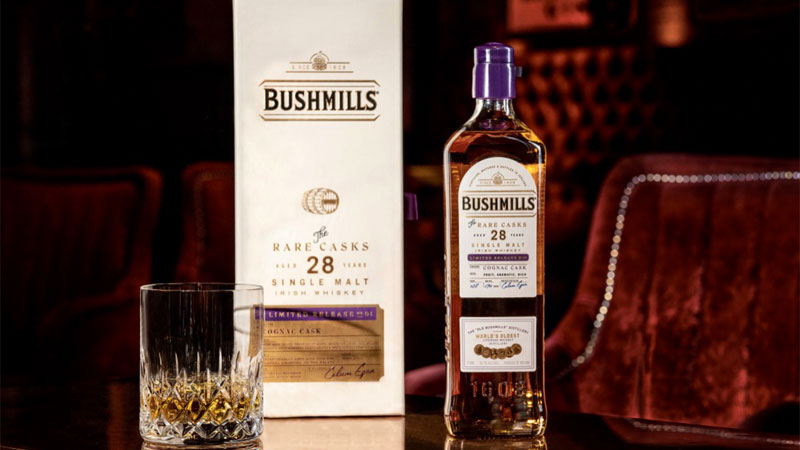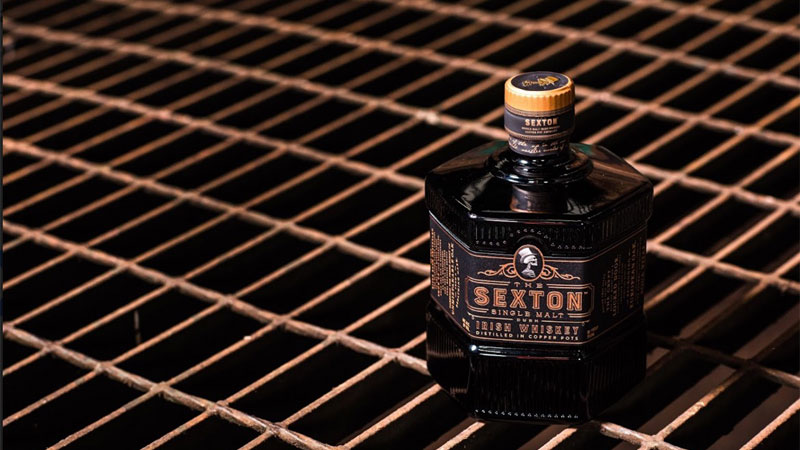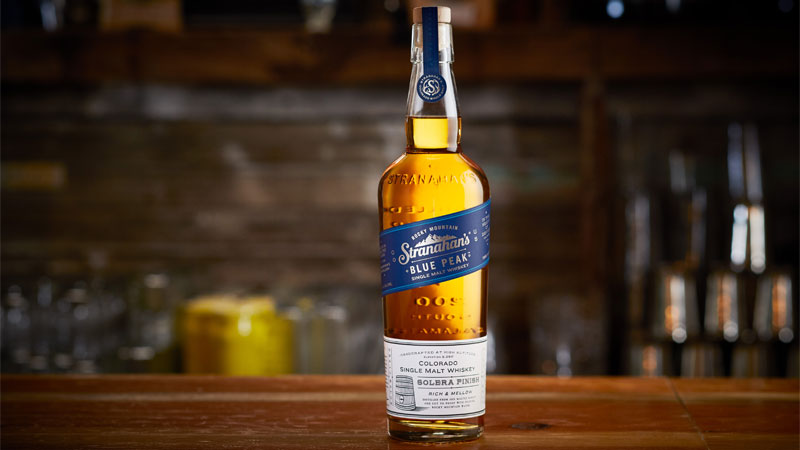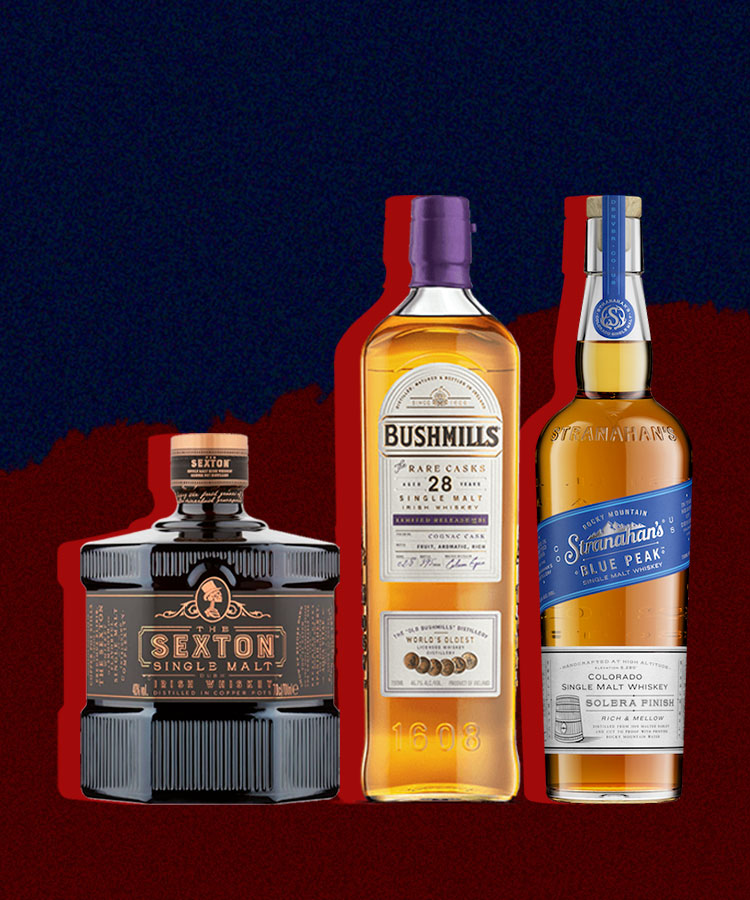
To the avid whiskey aficionados, single malt is a style synonymous with unparalleled elegance and uncompromising tradition. And though many imbibers associate their drink of choice with the glens and bens of Scotland, the northern reaches of Great Britain represent but a small slice of the story. The Scotch industry, you see, only began marketing its take on single-sourced, barley-derived spirit about 50 years ago. The Irish, for good measure, have been crafting their most esteemed examples for centuries.
Meanwhile, in the New World, the American variation is emerging as a category to compete against adversaries no less lofty than bourbon and rye. All this is to say, seeking out exceptional single malt is a truly global endeavor. And some of the most respected palates on the planet are here to guide you on your travels.
“Irish single malts reflect the moderate climate of Ireland,” explains Lew Bryson, author of “Whiskey Master Class.” “They’re mellowed by cool summers and mild winters spent in carefully maintained casks. Every pour is as approachable as a welcoming hand.”
In any given year a prominent writer such as Bryson samples through hundreds of malts. Ranking the most memorable of 2020, he positions an Irish offering right near the top of the list. That exact expression is the inaugural bottling of Bushmills’ “The Rare Casks” series, a line born to demonstrate the distillery’s malt-making prowess, showcased through maturation inside some of the world’s rarest barrels. The project enjoyed an auspicious kickoff last fall with the unveiling of this 28-year-old whiskey, finished in Cognac cooperage.

Actually, “finish” is something of an understatement here. It was 17 years ago that Bushmills Master Blender Helen Mulholland transferred the triple-distilled liquid from casks of ex-bourbon to those of French oak. At the time, they were still wet with Cognac. The whiskey imbued within has had the better part of two decades to absorb those luscious leather and honey tonalities, weaving them into a supple-yet-balanced body.
“I’ve always thought it was an especially special effort,” says Mulholland. “I’ve held it back specifically for this range.” Be on the lookout for more exceptionality from this nascent range in the year to come.
But, in the meantime, you can easily savor cask-finished Irish delights by uncorking a bottle of The Sexton Single Malt Irish Whiskey. A rich, four-year-old malt finished in seasoned sherry butts, it honors more than four centuries worth of whiskey-making tradition in this part of the world, while also capturing Northern Ireland’s penchant for flair and creativity. Its hexagonal bottle even evokes the interlocking basalt columns of the Giant’s Causeway, the country’s most recognizable natural landmark.

“Irish Single Malt is unique in that the focus is on the distillate and maturation more so than on terroir, as it is in Scotland,” according to bartender Jillian Vose of Dead Rabbit, one of the world’s most acclaimed drinking destinations. “The malting process is really what differentiates the two, as Irish whiskey rarely uses peat moss to dry out the barley whereas with Scotch, it is common practice. The toasty sweet malt as the raw ingredient contributes to the light, aromatic, hay, honey, and cereal notes of the finished whiskies.”
And since the Irish have a tendency to triple distill their spirit, it often enters the barrel a more refined and rounded liquid than its Scottish counterparts. “Some may even say that Irish whiskey is more pure and smoother in taste,” adds Matt Maretz of Employees Only in New York. “Scotch is also subjected to many rules and regulations, whereas Ireland’s regulations serve as an opportunity for distillers to produce quality whiskey, while still encouraging creativity in production.”
Though a relative newcomer in the U.S., single malts born here are setting themselves apart with a recipe reliant on equal parts terroir and innovation. “The beautiful thing about American single malt as a category is that many of these emerging brands are bringing the focus back to the farming practices and grain varietals — like what we’re used to seeing in wine,” explains bartender and spirits writer Tyler Zielinski. “As consumers, we can now taste American whiskeys with flavors that are specific to a place. It’s pretty exciting.”
Leading the charge is Stranahan’s out of Denver, Colo. When it launched back in 2004, scant few American producers were piping malted barley distillate into the barrel. And no others were opting to use virgin oak to make it happen. Today, Stranahan’s largely defines what a luxury American single malt ought to taste, look, and even feel like. It was the first to experiment with innovative finishes when it debuted its Snowflake series a decade ago. Fans now queue up overnight in the Rocky Mountain winter to snag a bottle of the exceedingly rare annual release each December. In 2017, Stranahan’s introduced the first American single malt finished in 500-liter Oloroso sherry barrels. And earlier this year it unveiled Mountain Angel, the oldest — and perhaps most complex — expression the category has ever widely seen.

“Their flavor profile is really distinct with the local barley and mountain water they source,” notes Zielinski. “I’d consider them to be on the forefront of where American craft whiskey distillers should be, and where many brands are in terms of representing locality in a spirit.”
Similarly exciting innovations in single malt are materializing from Taiwan to Tasmania. Slowly but surely, even the most hardened of Scotch sippers are opening up to the awareness that Scotland no longer maintains exclusive dominion over the style. Ultimately, it’s not where the liquid is made so much as how. As for Bushmills Irish Whiskey, The Sexton Single Malt Irish Whiskey and Stranahan’s? They are rendered as any exceptional single malts ought to be: elegantly and without compromise.
Discover more of our content featuring single malt whiskey here!
This article is sponsored by Bushmills Irish Whiskey, The Sexton Single Malt Irish Whiskey, and Stranahan’s.
